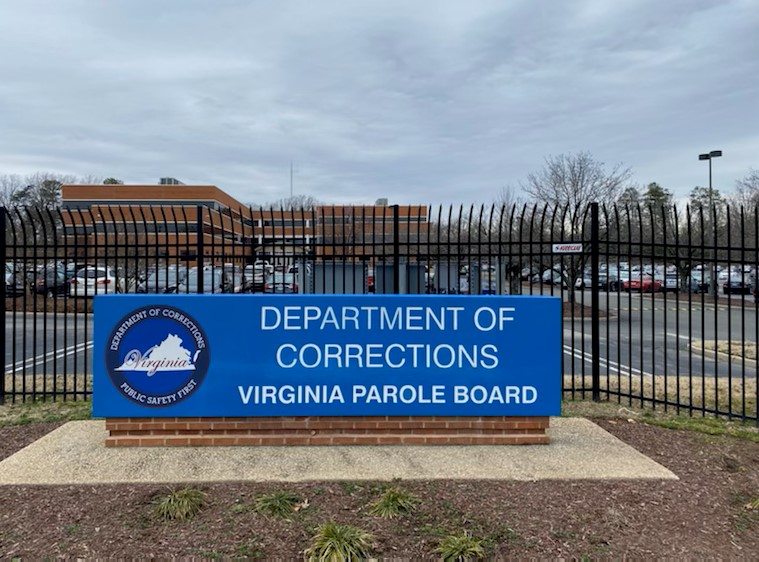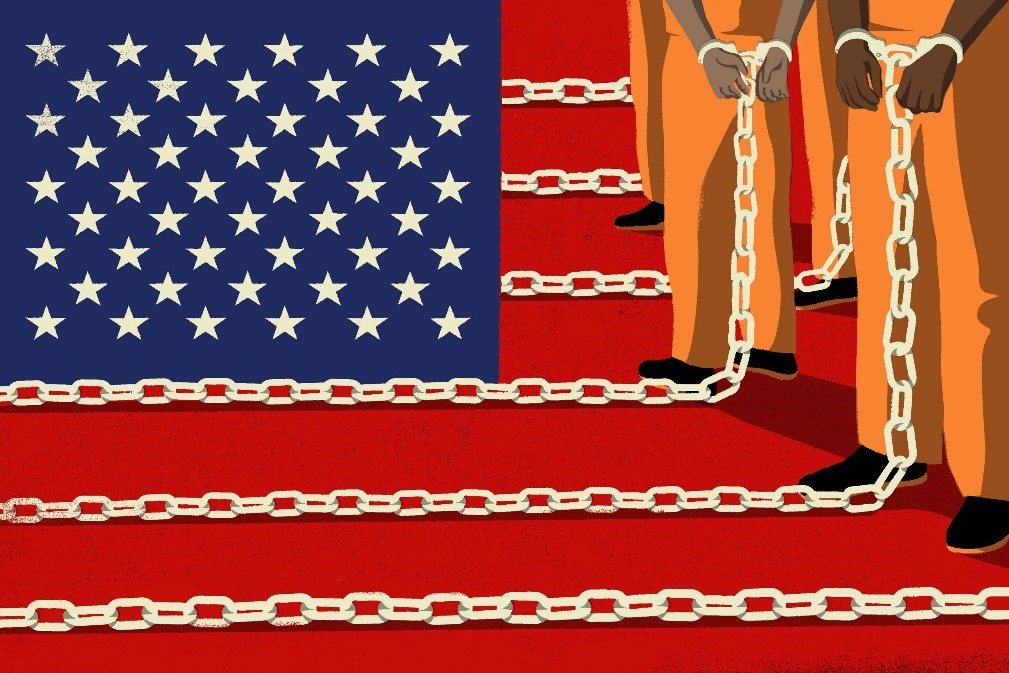
Virginia’s Parole Board: How the Gubernatorial Race Shaped (or Misshaped) Public Understanding
By: Elizabeth Vanesse Virginia’s newly-inaugurated governor, Glenn Youngkin, targeted the shortcomings of the Virginia Parole Board during his campaign. Youngkin’s campaign promised law and order, stricter sentencing, and fewer releases.[1] Although Youngkin’s campaign did target some structural issues within the Board itself, namely that it erred in not notifying a victim’s family before releasing a man who had been granted parole, fact checkers have raised … Continue reading Virginia’s Parole Board: How the Gubernatorial Race Shaped (or Misshaped) Public Understanding








